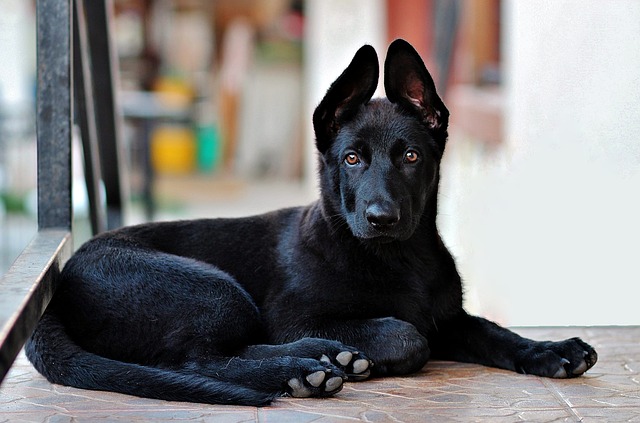
You should be overjoyed if you get a new puppy. During the following weeks, your joy can be lost in frustration. You will wonder what you just got into while cleaning up another mess. You can relive the happiness you had when you first taught your new puppy to behave. In this article we’re going to go over some of the tips of the trade in training man’s best friend.
While training your puppy or dog to use a crate, introduce him to new concepts slowly and gradually, so he is able to adjust to the changes without feeling stressed. If they are uncomfortable with the door closed then try to feed them snacks to reassure them that they are okay. At first, leave the dog enclosed in the crate for only short periods of time, such as 10 seconds, and then gradually increase the duration. Freaking out your dog is a sign that you need to slow down.
Make sure that you use control to reward your dog’s good training behavior. You and the dog should both remain calm. You may feel great about it, but you don’t want to make the pup feel over-excited. Stay calm, have them be calm, and reward them for appropriate behavior.
Your dog will perform best on a healthy diet. An unhealthy diet can have several negative effects on your dog. Without proper nutrition, your dog’s general health will suffer and there may also be direct effects on behavior. Training may very well go easier when dogs are given the proper nutrients in a healthful diet.
The more active your dog is, the healthier it will be. Dogs can become bored easily. Bored dogs are harder to train. Your dogs will obey more quickly if you keep them well exercised. Regularly take a walk or run with your dog.
The first rule to remember when you begin to house train your puppy is that what you feed them will eventually come out the other end. If you want your puppy to relieve himself with regularity, keep the diet regular too, like feeding him good food two or three times daily at consistent intervals. Doing so helps you to learn your puppy’s schedule.
Stay with the training, so that he doesn’t forget the lessons that he learned. Keep him in practice. Pet owners often believe that once their dog completes a training program, the process is over. Dogs forget things just like humans do; however, and the dog will lose discipline without practice. This is why on-going training is important.
As training progresses, dogs can be given more freedom because they are more reliable. Maintaining a proper balance between obeying your commands and having some freedom will lead to a happier dog. Just be careful that you do not allow too much freedom, too quickly, as this can quickly derail your hard work and training.
Start with the easy stuff. This will give them instant success and serve as a building block for your training regimen. You will see more results as you are training this way.
If your pet is prone to jumping onto your lap, you should gently squeeze his paws after he does so. This communicates that the behavior is unacceptable and should be avoided. While this will not seriously hurt the animal, it is certainly unpleasant and therefore makes a powerful statement. They learn that if they want to avoid that discomfort, they need to refrain from jumping up.
Do not drag out your training sessions for too long. Since dogs do not have a long attention span, short lessons will prevent them from getting bored. Instead, have multiple, short sessions with breaks for playtime in between.
Teach your puppy his or her name before you start to train him or her, as this creates a bond. Always use his name, and expect him to come to you when he is called. These are the preliminary words that your dog need to know. Try to spend a good amount of time with your new dog. This way he or she will be more open to some advanced training.
Call your dogs name when speaking to him to keep him focused. By using it as much as possible during the first weeks you own him, your puppy will learn that this sound is in reference to him. Choose a puppy name that sounds differently than other words your puppy may hear throughout the day.
Control your tone of voice when reinforcing your dog’s behavior, whether positive or negative. Dogs can easily sense how their owners or trainers feel. An appropriate firm tone can really reinforce a disciplinary message.
Expect the occasional setback when you are training your dog, but don’t give up! Your dog requires consistent reinforcement of training, or he may quickly forget what he has learned. Just as you need to keep feeding and sheltering your dog, training is a never-ending process.
You can use treats, love, and positive reinforcement to train your dog. The advice above will help ensure you come out with a great dog in the end. You can have a more peaceful and happy home if you take the time to train your dog consistently.